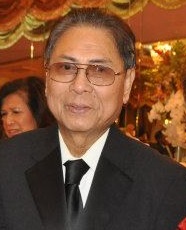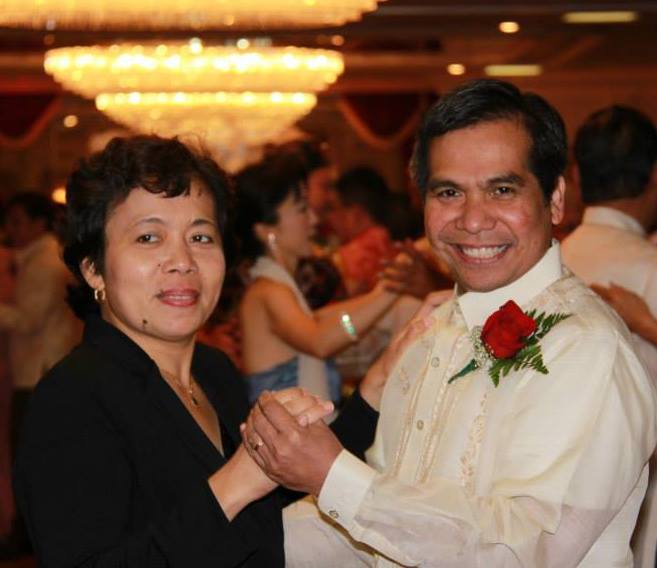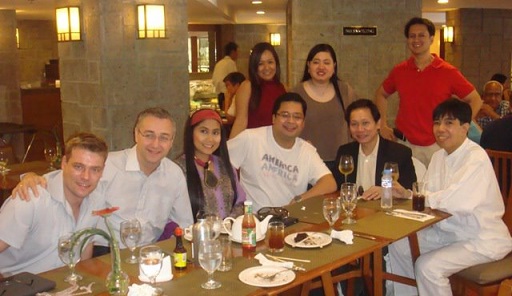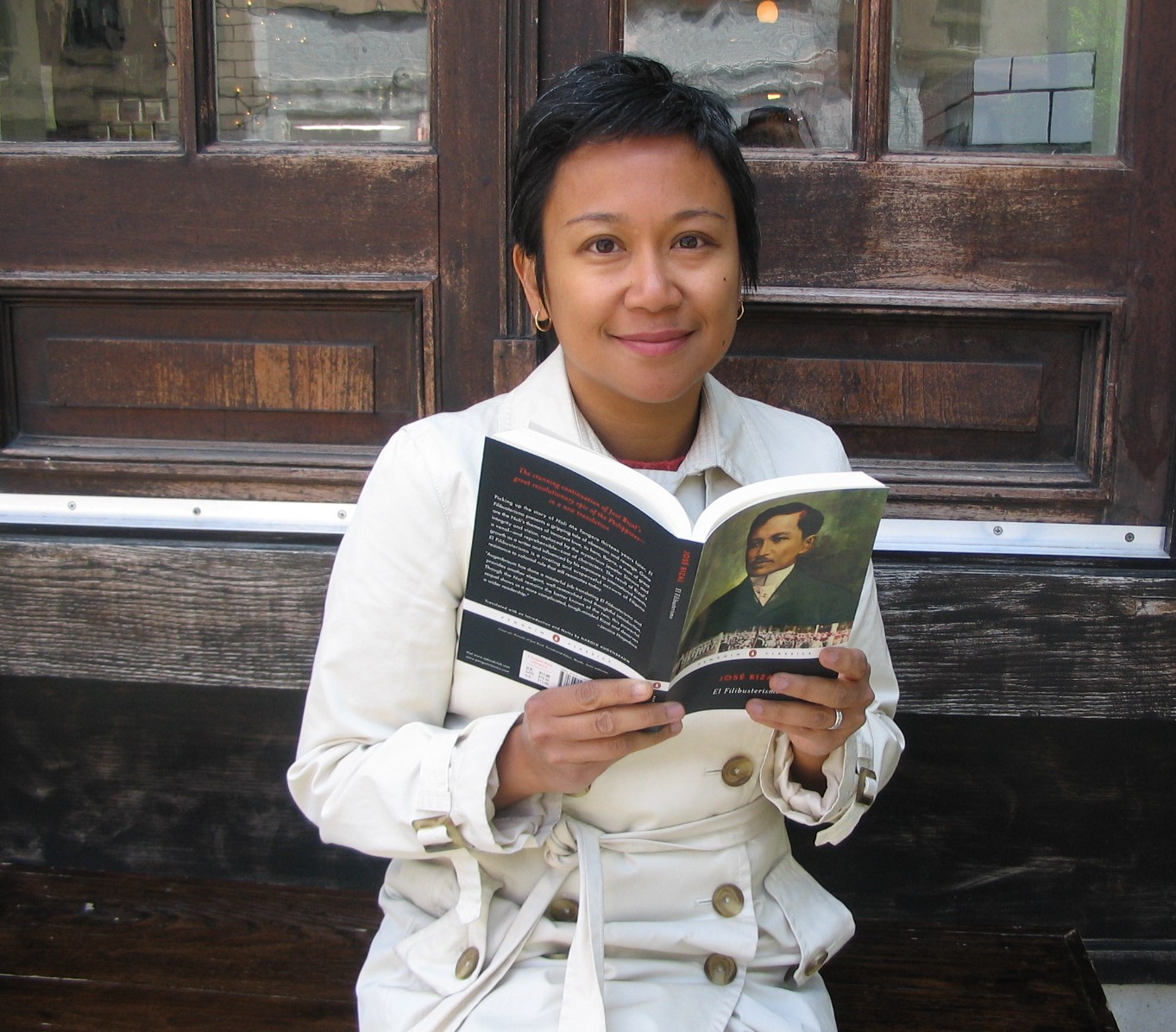The Fili: A cross between ‘Monte Cristo’ and ‘Les Miserables’
By Cristina DC Pastor; TF Photo
Penguin exec Elda Rotor announced the release of “El Filibusterismo” in June, completing the republication of Jose Rizal’s epic novel in the international market.
TF: How are sales of “Noli Me Tangere” from the time Penguin reissued it in 2006?
ER: We have net sales in the U.S. of over 6,100 copies of the Noli, and over 3,000 copies in the Philippines.
TF: With Fili, the sequel, slated to come out in June, how do you plan to pitch it?
ER: We’re pitching it as a cross between “The Count of Monte Cristo” and “Les Miserables.”
There are a lot of entry points for readers in getting to Rizal which, I think, will be really appealing. It’s not just I want Filipinos to read Rizal or return to Rizal. One of the poignant parts of the Fili is the students and their demands for equal rights. That revolutionary spirit that starts in the university, I feel, is very relevant now. How young activists get together through Facebook or Youtube, and that spirit is apparent in the novel.
TF: How is the Noli being integrated in college courses?
ER: The Noli is being adopted in college courses from community colleges to state university classes in a wide variety of class descriptions, not just Philippine Studies. For instance, Prof. Matthew L. Miller from the University of South Carolina used it in Intro to Non-Western Lit. Prof. Shelton Woods uses it for Eastern Civilizations, History 121 course at Boise State University, or Prof. Andrew Hoberek from the English Department, Cornell University, used it for a Modern Lit class. These professors work really hard to shape syllabus that would engage their students. We’re going to be targeting the same professors and even broader academic programs for the Fili because everyone is waiting for the sequel, and it’s now a complete epic.
TF: There are some publishers who think Filipinos are not a reading community.
ER: That sounds like a gross generalization. That’s very hard to prove. The steady growth of the Noli actually helped me find out about Jose Garcia Villa. We published his poems, which I’m so happy about. What we do at Penguin Classics is a great example of discovering people who had very worthwhile books from before.
TF: How do you find them?
ER: It’s partly exploration, partly people telling us about them. There’s one about Ernest Poole. A lot of people don’t know who he is. He has a book called “The Harbor,” and it’s about the New York City harbor. Most importantly it’s about organized labor, the abuse of dock workers, it’s such a historical window on what America was like, packed with immigrant history too.
TF: Did you run into legal issues with Jose Rizal’s estate?
ER: It’s in the public domain. No one owns the rights.
TF: How is Harold Augenbraum’s translation any different from that of, say, Soledad Locsin or Leon Ma. Guerrero?
ER: What would make it unique probably is Harold’s skill level of translating from Spanish. He has so much exposure to fine literature. He came upon the Noli by accident through studying a Spanish writer, and it was in a footnote, and he further looked into who Rizal was.
TF: How did you become involved with Noli and Fili?
ER: I was at Oxford before this; at Oxford I was senior editor, Serious Nonfiction Books. And then I came over here as executive editor five years ago at Penguin Classics, and they promoted as editorial director. We have over 1,500 titles. My responsibility is to oversee the program, and acquire titles. I have a small staff of editorial people. My main goal is to extend the brand so that we are including the most important literature around the world. We focus on literature in translation, world literature, also broadening into different disciplines, adding religion, cultural history.
TF: Did the name of Carlos Bulosan come up?
ER: It did. At first I wasn’t sure if it could sell as strongly as Rizal, so your readers could maybe give me more arguments. We have people telling us ‘But you have to have…,’ and I tell them, tell me why, give me your arguments why.
TF: Where were you born?
ER: I was born in the Philippines, but we moved here when I was less than a year old. I was raised in New York. My mother was a nurse. My dad studied as an engineer, then worked with an international insurance on Wall Street.
TF: Any family of your own?
ER: I have two children: my son Luka is 7, and my daughter Erlinda whom we call Lindy is 3. My husband Stefan works in the film industry. He’s half Croatian, half Greek.
TF: Do your kids love to read?
ER: My son is really developing his reading, and he knows what I do for a living. I’m hoping in his own speed, he’ll be a real reader.
TF: How do you explain Jose Rizal to them?
ER: I might have mentioned that he was a Filipino hero, but maybe when they get a little older I’ll try to explain more.
TF: What aspects of your kids’ personalities are Filipino?
ER: They don’t speak Filipino, but they embrace the food and they love spending time with my dad. And we always identify people we see on media as Filipino, like Darren Criss of “Glee.” My son loves music, so he knows Bruno Mars writes songs. We teach them the same things we learned from our parents, like respect for your elders, kindness to your siblings and your friends, and respect for your teachers.
Elda Rotor lives in Lower Manhattan with her family.














The Penguin Noli is a much better read with Rizal’s satirical streak particularly engaging. Rizal is hilarious…Couldn’t get through the Locsin version either and I don’t even remember the Derbyshire version. But picked up the Penguin two weeks ago and I couldn’t put it down. The translation is to my taste and Rizal is definitely funnier here.
Try to get hold of the pilipino/Tagalog version of both the noli me tangere and el filibusterismo by pineda [i think] which were required read in high school circa 1966. i don’t know how to read Spanish but my pilipino teacher in high school said the pineda version of both books is a faithful translation. even the deleted chapter in el filibusterismo is incorporated in the pineda version. hindi ko na alam ngayon kung ano ang ginagamit sa high school or if Rizal is still required reading.
I am happy to know Rizal’s novels are being published in New York.
I’ve just finished reading Les Miserables by Victor Hugo, although, honestly, I skipped some of the chapters dealing with history, and I came up with an idea: why not translate the novel into Tagalog. I’ve begun working, but I wonder if a Tagalog version had already been published. After searching the web, I learned that a Gerardo Changco published a translation in 1922 in the defunct Taliba.
I’ve come across a Tagalog version of Fili used nowadays in high school, and was appalled to find it so edited, sanitized would be a good term, as to lose its power.
Hi! I love your writing so so much!
You have hi quality articles here.